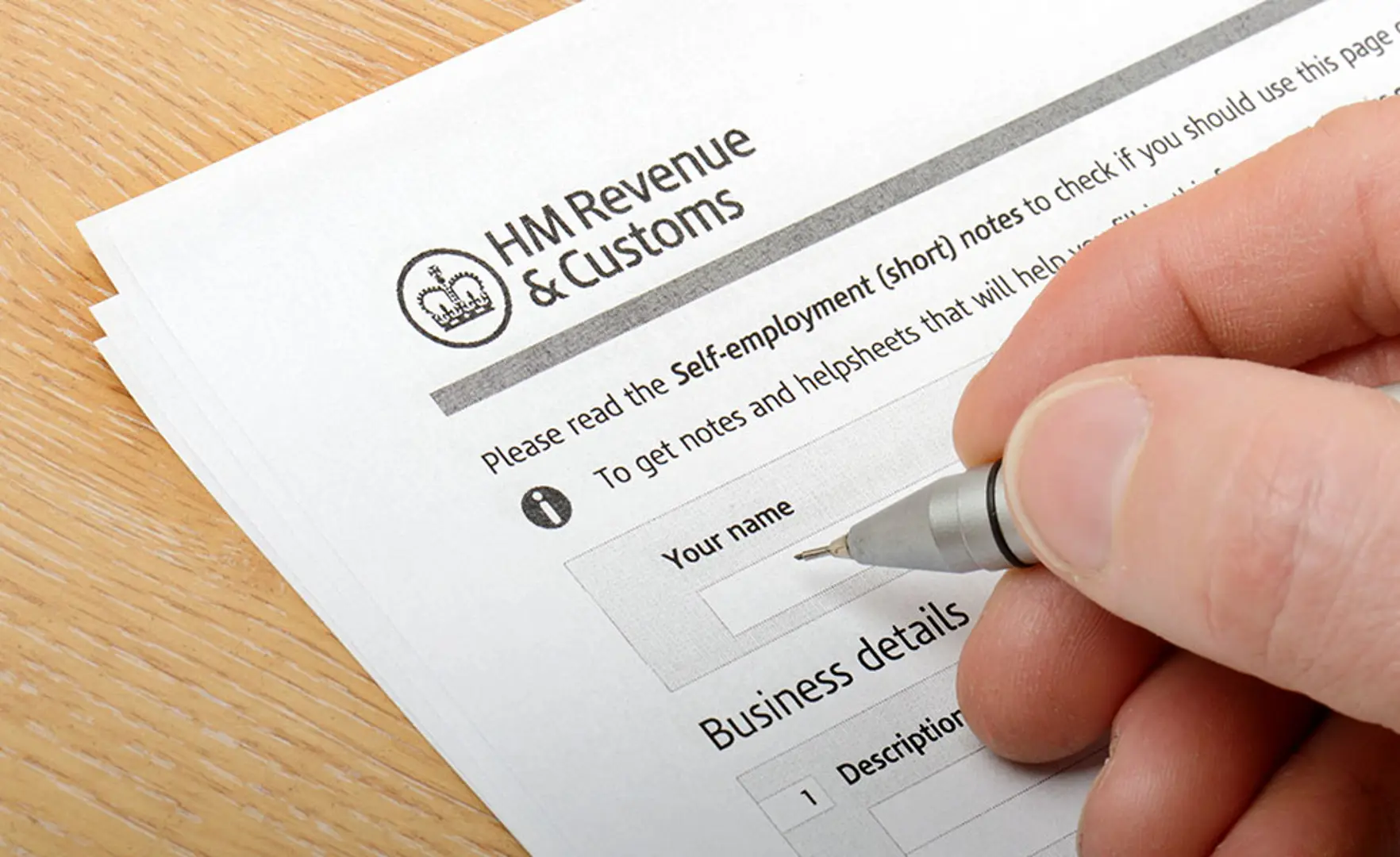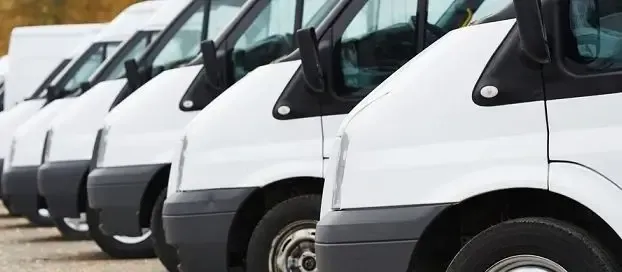
Managing business expenses can be one of the most time-consuming parts of running a small enterprise. For business owners handling their own finances, staying compliant with HMRC (HM Revenue & Customs) requirements means keeping accurate records, staying on top of regulations, and ensuring VAT and tax returns are backed by valid documentation.
If you operate vehicles as part of your business, fuel expenses are likely to be one of your most regular and unpredictable costs. From weekly top-ups to occasional long distance travel, the way you track and report fuel usage can have a significant impact on both your cash flow and tax efficiency.
Here we’ll explore the HMRC rules that small businesses should be aware of when it comes to vehicle-related expenses – and how to avoid common pitfalls.
Why getting fuel expenses right matters
Claiming back business fuel costs seems simple on the surface: keep receipts, log mileage, and submit your return. But in practice, things often get missed or misunderstood, particularly when managing a growing team or fleet.
If you don’t have a clear system in place, you risk:
- Losing out on VAT reclaim
- Filing inaccurate self-assessment or corporation tax returns
- Getting caught in a messy HMRC audit
- Over or underpaying for business-related travel
And with HMRC requiring businesses to keep digital records as part of its Making Tax Digital (MTD) initiative, paper-based or informal processes may no longer be enough.
What fuel expenses are HMRC-compliant?
HMRC allows businesses to claim back:
- Fuel used for business travel
- Mileage (at standard advisory fuel rates or actual cost)
- VAT on fuel for eligible journeys
- Fuel used in plant machinery or generators, where applicable
However, there are a few caveats:
- The journey must be wholly and exclusively for business
- Personal travel must be excluded, or appropriately accounted for
- Claims must be backed by valid VAT receipts (not just debit/credit statements)
- Mileage logs should include date, destination, purpose and distance
- You must not reclaim VAT on private mileage unless you meet strict conditions (such as a fuel scale charge)
Common fuel expense challenges for small businesses
Even businesses with good intentions can find themselves tripped up by HMRC rules.
Here are a few of the most common issues:
1. Mixing personal and business mileage
Using the same vehicle for both types of travel is fine, but you need a clear way to separate them. Estimating isn’t enough. HMRC expects accurate logs.
2. Missing VAT receipts
In order to reclaim VAT on fuel, you need proper VAT receipts. Card statements or handwritten notes won’t qualify.
3. Incomplete mileage records
To claim mileage allowances or actual fuel costs, you need more than a spreadsheet total. Each journey should be listed with relevant details.
4. Poor record-keeping
Receipts in a drawer or photos on a phone won’t get you through an audit. HMRC recommends keeping digital, well-organised records.
How to stay compliant (without overcomplicating things)
Here are a few ways small enterprises can stay on the right side of HMRC:
- Use a mileage tracker app or template that logs essential details automatically
- Store fuel receipts digitally, with dates and vehicle registration included
- Reconcile fuel spend monthly rather than waiting for year-end
- Create a written policy on fuel expense claims for your team
- Separate business and personal journeys where applicable
- Stay updated on advisory fuel rates, which are updated quarterly by HMRC
Even small steps can save hours of stress – and reduce the risk of over or underclaiming.
Why more small businesses are using fuel cards for companies
One of the easiest ways to simplify fuel expense management and stay compliant is by using a fuel card system.
Fuel cards give you:
- Digital records of every transaction with VAT-ready invoices
- Clear separation of business fuel spend from personal use
- Reporting by driver, vehicle, or department
- Online dashboards to track costs across your team
- Automatic invoicing that integrates with accounting tools
For small enterprises, this means no more chasing receipts or worrying about missing claims. You’ll have HMRC-friendly documentation by default, helping ensure you’re claiming what you’re entitled to – without the risk of non-compliance.
Benefits beyond compliance
While HMRC requirements might be the initial reason to switch to a more structured fuel system, businesses often discover additional benefits too:
- Saving time on admin and end-of-month reconciliations
- Improved visibility over who is spending what
- Easier onboarding for new drivers or staff
- Better budgeting with real-time data
- Fewer mistakes – and less stress at tax time
For small enterprises, fuel costs might seem like a minor detail. But when it comes to HMRC compliance and claiming expenses correctly, they can become a major source of risk – or reward.
By understanding what’s required, improving your processes, and using tools like fuel cards , you can stay on the right track, reduce admin, and reclaim every penny you’re entitled to.


